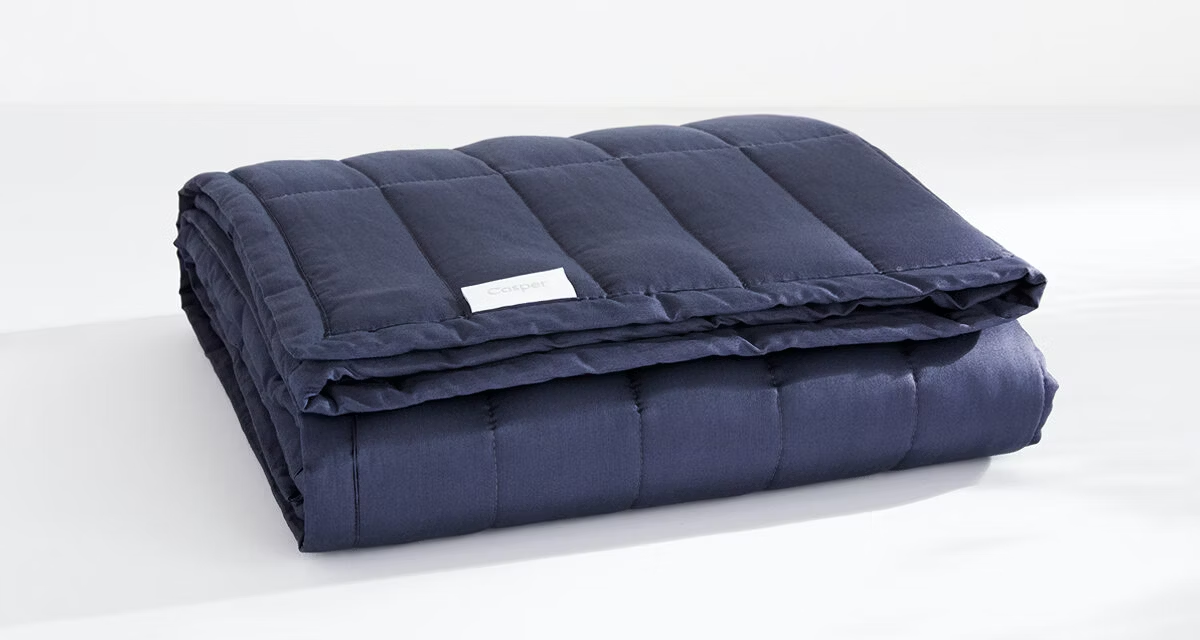In recent years, gravity blankets have become a sought-after product for improving sleep quality and mental health, according to AP.
What is a gravity blanket?
A weighted blanket is a blanket that is designed to be heavier than a regular blanket. They typically contain small beads or pellets made of glass or plastic that gently apply pressure to the body when worn. This pressure simulates the feeling of being hugged, providing comfort and security to the user.
Benefits of gravity blankets
Although research on gravity blankets is limited and there is not yet enough solid scientific evidence, some preliminary results suggest that they may have some benefits for sleep and mental health. In particular, gravity blankets are believed to be effective for people with sleep problems, chronic pain, or mental and developmental disorders.
A study of 120 people with insomnia found that weighted blankets helped them sleep better and more deeply than lightweight blankets. For children with autism, although weighted blankets did not directly improve sleep quality, most preferred them over regular blankets.

Additionally, another study in 94 adults with chronic pain found that weighted blankets provided better pain relief than lighter blankets, although they did not have a major impact on sleep.
While effectiveness may vary from person to person, many sleep experts recommend using a weighted blanket, especially when traditional treatments have not achieved the desired results.
Guide to choosing a weighted blanket
Experts recommend that a weighted blanket should weigh 10% to 12% of the user’s body weight. However, some people may prefer a heavier blanket for a tighter feel. It is important that the blanket does not restrict breathing, does not restrict movement, and is easily removable.
Notes on use
While weighted blankets can have many benefits, experts say they are not suitable for children under three years old because they can impede breathing and movement. Additionally, people with respiratory problems or medical conditions such as sleep apnea should consult a doctor before using them.











